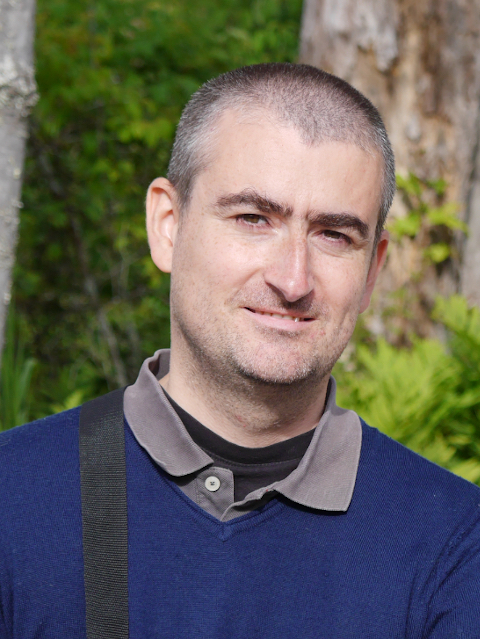 |
Professor Thierry Petit |
CSE Colloquium: Perspectives in Solution Engineering
When: Tuesday, October 29, 2019, 3:30 PM--4:30 PM
Abstract: Today's solvers can routinely return a solution, should one exist, to satisfaction and optimization problems. However, a prerequisite to using a solver is the ability to express fundamental and non-negotiable problem attributes via a formal model. Even under the best of circumstances, models are at best abstractions of reality, not without limitations. I will introduce a new framework for problems of a combinatorial nature that can generate a set of multiple (near-)optimal, diverse solutions, that are further infused with desirable features. A key novelty is that desirable solution properties need not be explicitly modeled in advance. I will discuss the perspectives of this work, mainly related to constraint acquisition.
Biographical information: Professor Thierry Petit is an Associate Professor of French universities. He obtained his Ph.D. in Computer Science in 2002 from the University of Montpellier (France) and his French "Habilitation" (HDR) in 2014 at the "Institut Mines-Télécom" in Nantes (France). His primary research area is Constraint Programming (CP), at the frontier of Artificial Intelligence (AI) and Operations Research (OR). Professor Petit is known for introducing the notion of soft global constraints, which are blocks for encoding over-constrained problems and solving them with local search. He has published about 60 academic articles, including papers in top conferences, such as IJCAI and CP, and journals, such as Constraints, INFORMS Journal of Computing, International Journal of AI Tools, and Annals of OR. His research investigations have covered the following topics: over-constrained problems, preferences, robust solutions, constraint and model decomposition, learning implied constraints, scheduling, and algorithms. In addition to theoretical investigations, he enjoys working on practical applications such crane assignment in ports, biology problems, and video-summary generation.